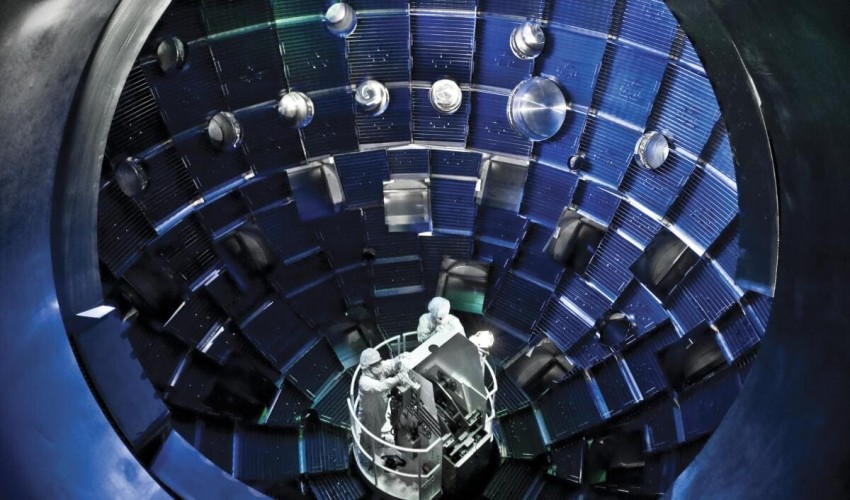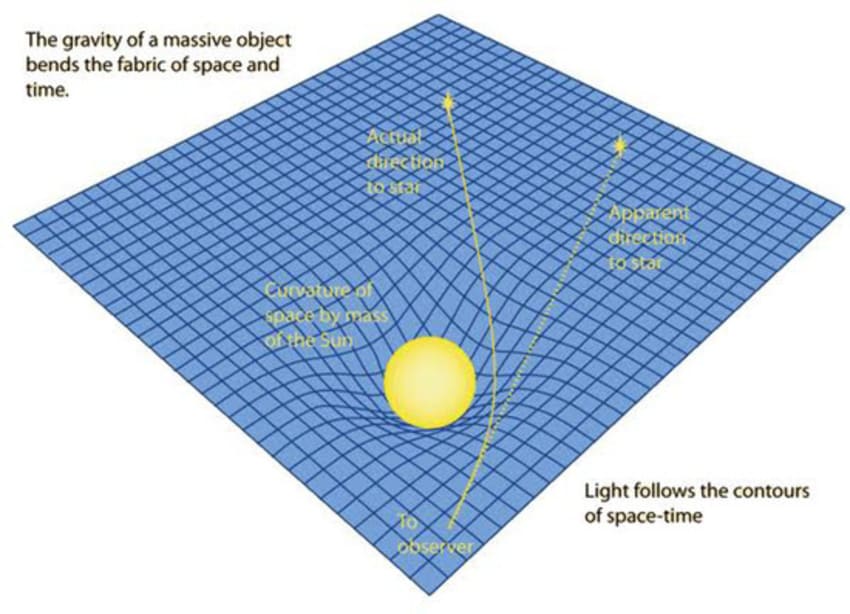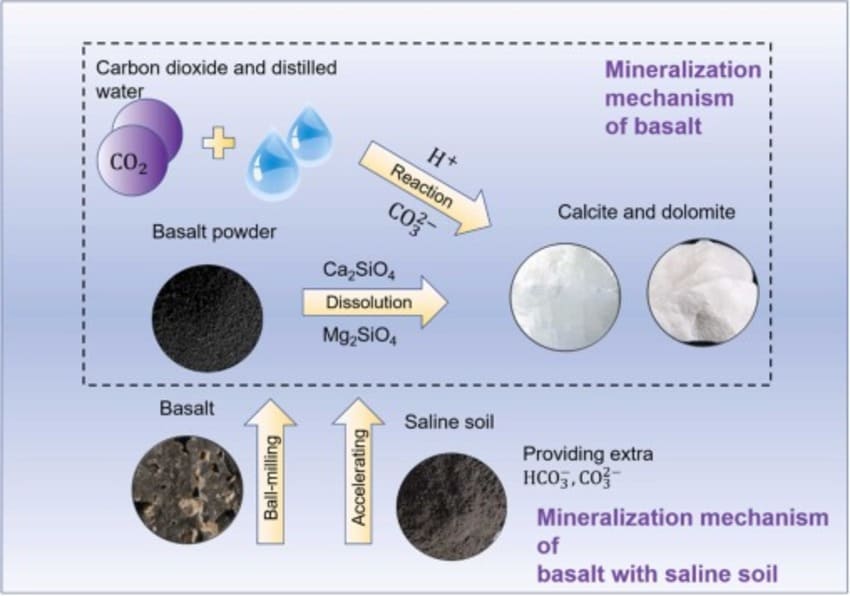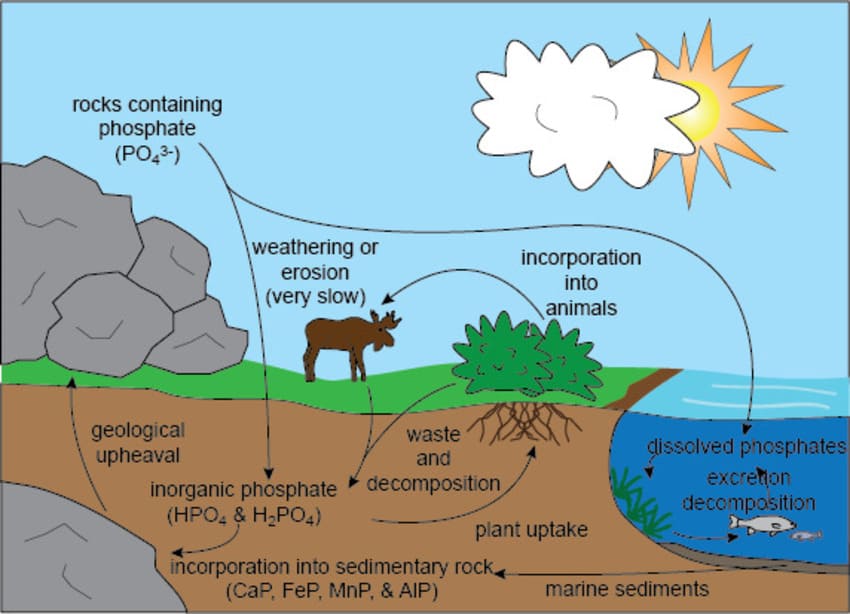Modern physics
7
Breakthrough in Nuclear Fusion: A Leap Towards Clean Energy
- Rating
- nuclear fusion
- ignition
- clean energy
- laser technology
- sustainable power
- scientific breakthrough
- cosmic phenomena
In recent breakthroughs, experts at a leading scientific facility in the United States achieved a historic advancement in nuclear fusion technology. By directing 192 powerful lasers at a minuscule chamber, they initiated fusion reactions that generated more energy than was initially introduced, marking a significant milestone known as "ignition," a goal pursued for many years.
This groundbreaking achievement, detailed in several scholarly articles published in prestigious journals, required an exceptional degree of precision. Adjustments were meticulously made to enhance the lasers' efficiency and create optimal conditions for fusion, illustrating a blend of scientific ingenuity and artistic mastery akin to orchestrating a premier musical ensemble.
The experiment utilized intense laser energy to heat a small container to extreme temperatures, creating conditions conducive to fusion with heavy hydrogen isotopes as fuel. Innovations in laser pulse duration and adjustments to the fuel capsule's design were key to surpassing previous energy output levels, underscoring the delicate balance required for such a complex process.
This fusion experiment not only represents a leap forward in the quest for a clean, limitless energy source but also opens new pathways for understanding the physics underlying cosmic phenomena and other high-energy processes. With ongoing advancements and the exploration of different fusion techniques, the scientific community is moving closer to mastering the intricate "atomic orchestras" that drive fusion reactions.
CITATIONS
- H. Abu-Shawareb et al. Achievement of target gain larger than unity in an inertial fusion experiment. Physical Review Letters. Vol. 132, February 9, 2024, 065102. doi: 10.1103/PhysRevLett.132.065102.
- O.A. Hurricane et al. Energy principles of scientific breakeven in an inertial fusion experiment. Physical Review Letters. Vol. 132, February 9, 2024, 065103. doi: 10.1103/PhysRevLett.132.065103.
Leave a Reply
Your email address will not be published. Required fields are marked *


